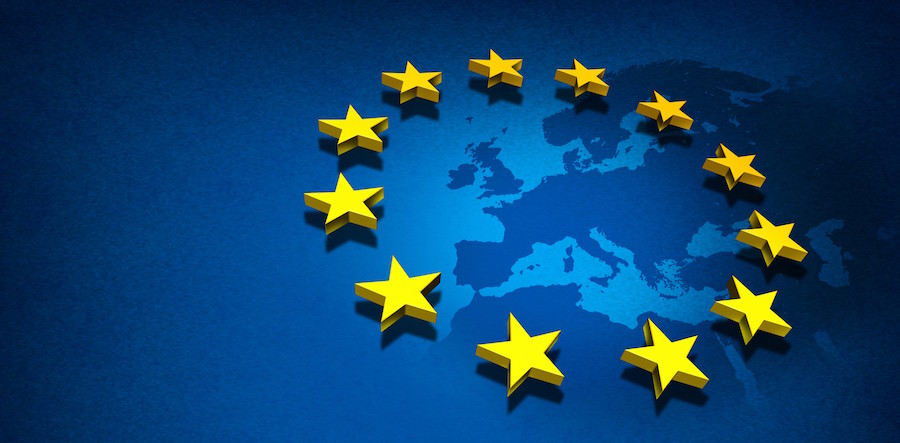The planned EU referendum in June is going to be anything but a straightforward decision for UK businesses, big and small. To begin with, businesses not only have to decide whether they want to stay in the EU, but must also choose which campaign they wish to represent them.
Campaign Leaders
Stuart Rose is heading the official campaign to keep Britain in the EU, but for the last few months two groups have been competing to become the official out campaign. One of the out groups, Vote Leave, is made up of Conservative, Labour and UKIP politicians whilst the other camp Leave.EU is backed by UKIP leader Nigel Farage.
At the moment it is difficult to determine just what the UK’s small business sector is going to vote for. When the CEO of a multinational, blue chip organisation makes up his or her mind about the Europe question it hits the headlines; Virgin’s Richard Branson, BT’s Sir Michael Rake and Vodafone’s Vittorio Coloa have all had their pro-European message publicised in the press. However, the same is not the case for SME business leaders and indeed the opinions of their employees are even harder to determine.
There have been polls conducted in order to gauge the feeling among smaller businesses. The Guardian has published the results of a poll taken among 6,000 Federation of Small Business (FSB) members in which 47% of small business members said they would vote to stay in the EU compared to 41% wanting to leave. This suggests that small businesses are marginally in favour of staying on in the EU, bearing in mind that on polling day the numbers of those voting for change is likely to decline even further, if precedent is anything to go by.
This being said, the polling did show there are clear regional differences. 55.4% of London members were in favour of staying in, whereas in the East of England this figure was down to 42.6%. In every region the motors of economic growth vary, with some regions benefiting more obviously from EU tenets, such as the freedom of movement. This diversity of opinion is likely to be replicated in the final results.
Industries in Favour of Staying in the EU
It’s not just regional differences that will lead to variations of opinion among small businesses; industry-specific concerns are going to influence voting trends too. For example, the following sectors are known at this point to be more broadly in favour of remaining in the EU:
- Financial services
- Car manufacturers
- Defence and aerospace manufacturers
- Textile industry
- Food and beverage producers
For each of these business groups a Brexit would undoubtedly cause some disruption, at the very least in the short term. It is not surprising therefore that in a recent poll companies specialising in defence and aerospace overwhelmingly voted to stay in the EU by 86%. Lobby groups for the financial services have also demonstrated their concern at the prospect of a potential Brexit. The CityUK (the sectors premier lobby group), has warned that businesses might take their operations elsewhere if Britain votes to leave the EU.
The sectors listed above do heavily depend on exporting to Europe. Their position on the European debate is unrepresentative of other sectors and smaller businesses that deal primarily in domestic transactions. Rifts between different industries are going to become more exposed as the debate heats up, but will divisions between businesses according to size also become apparent?
Conclusion
Staying in the EU certainly poses different challenges for businesses depending on their size. When it comes to abiding by Single Market regulations UK SME’s probably struggle more than their blue chip counterparts with the organisational and logistical challenges this compliance demands. EU data protection regulations tend to be more burdensome on smaller businesses. SME’s do not always have the necessary resources or expertise available to comply with these regulations and yet at the same time will only infrequently be involved in the supranational data transfers that these EU executives apply to.
Furthermore, smaller businesses are unlikely to export high volumes of goods into Europe, which means the benefits of staying within a fluid and open European trading entity are less marked. With smaller businesses that are generally more isolated from the Single Market, it is probable that they will form the core of any business led EU exit campaign.











